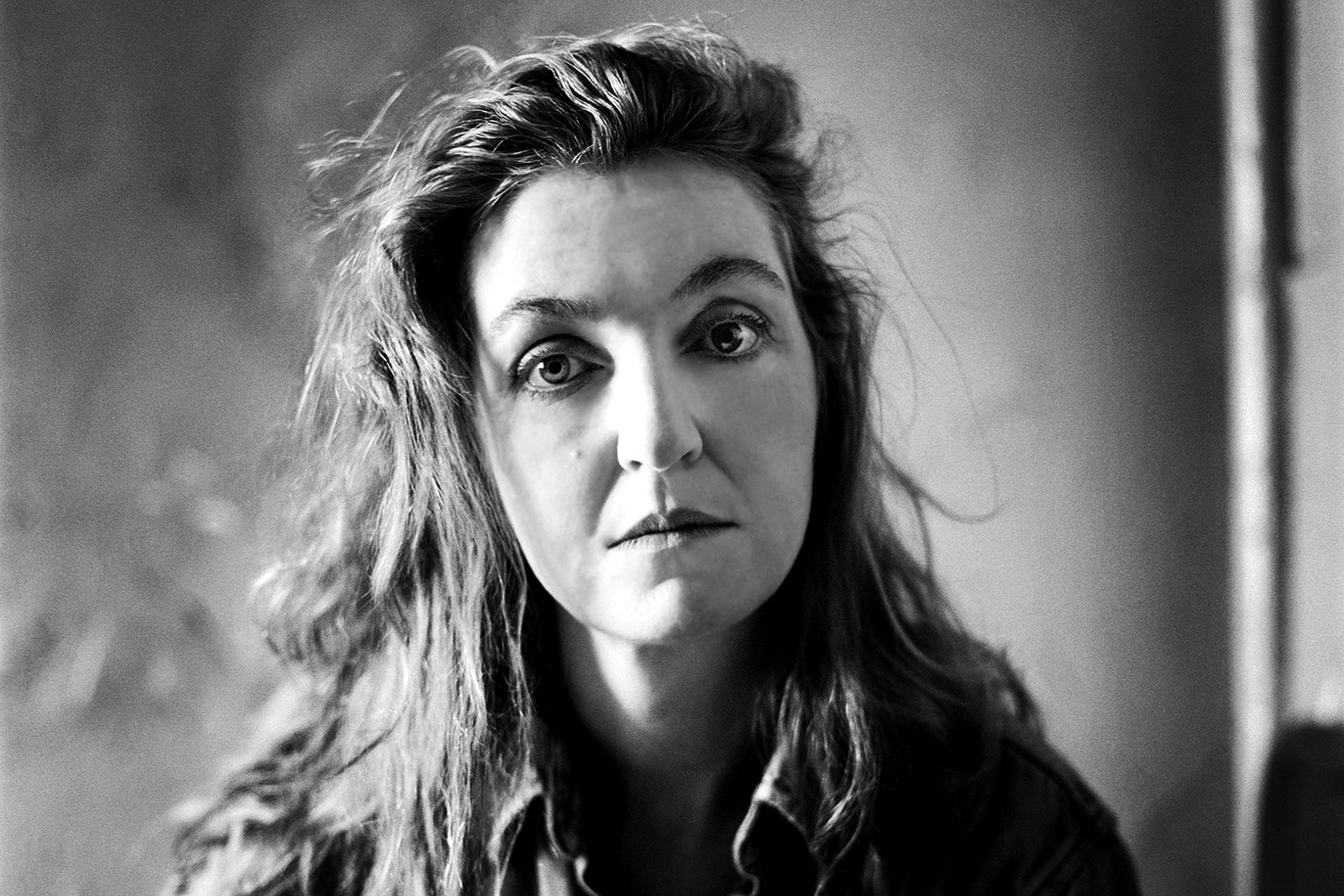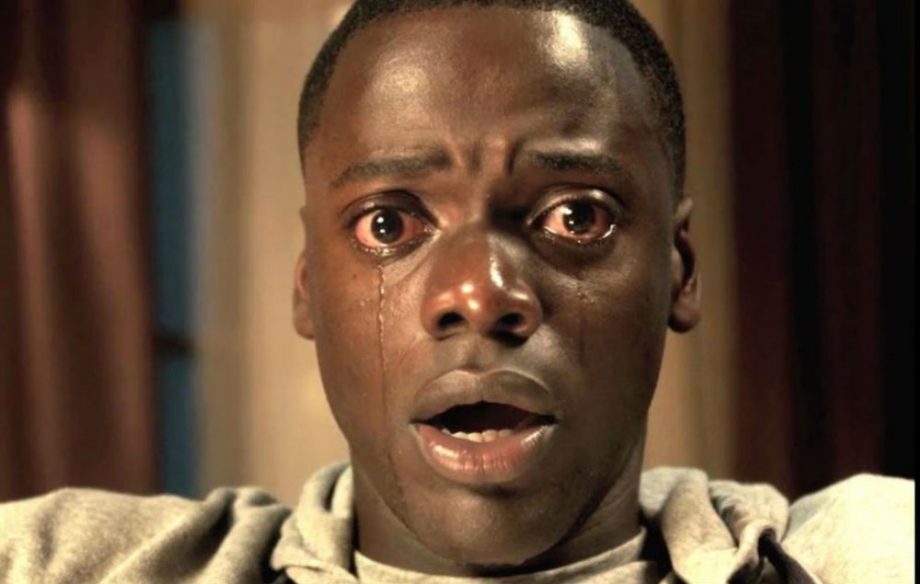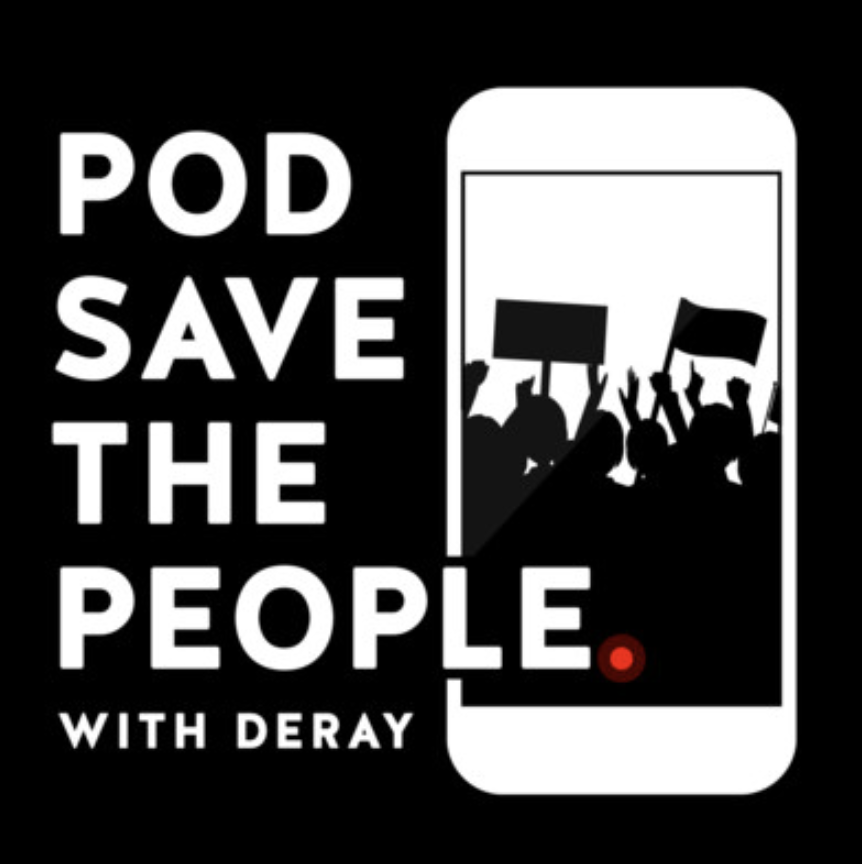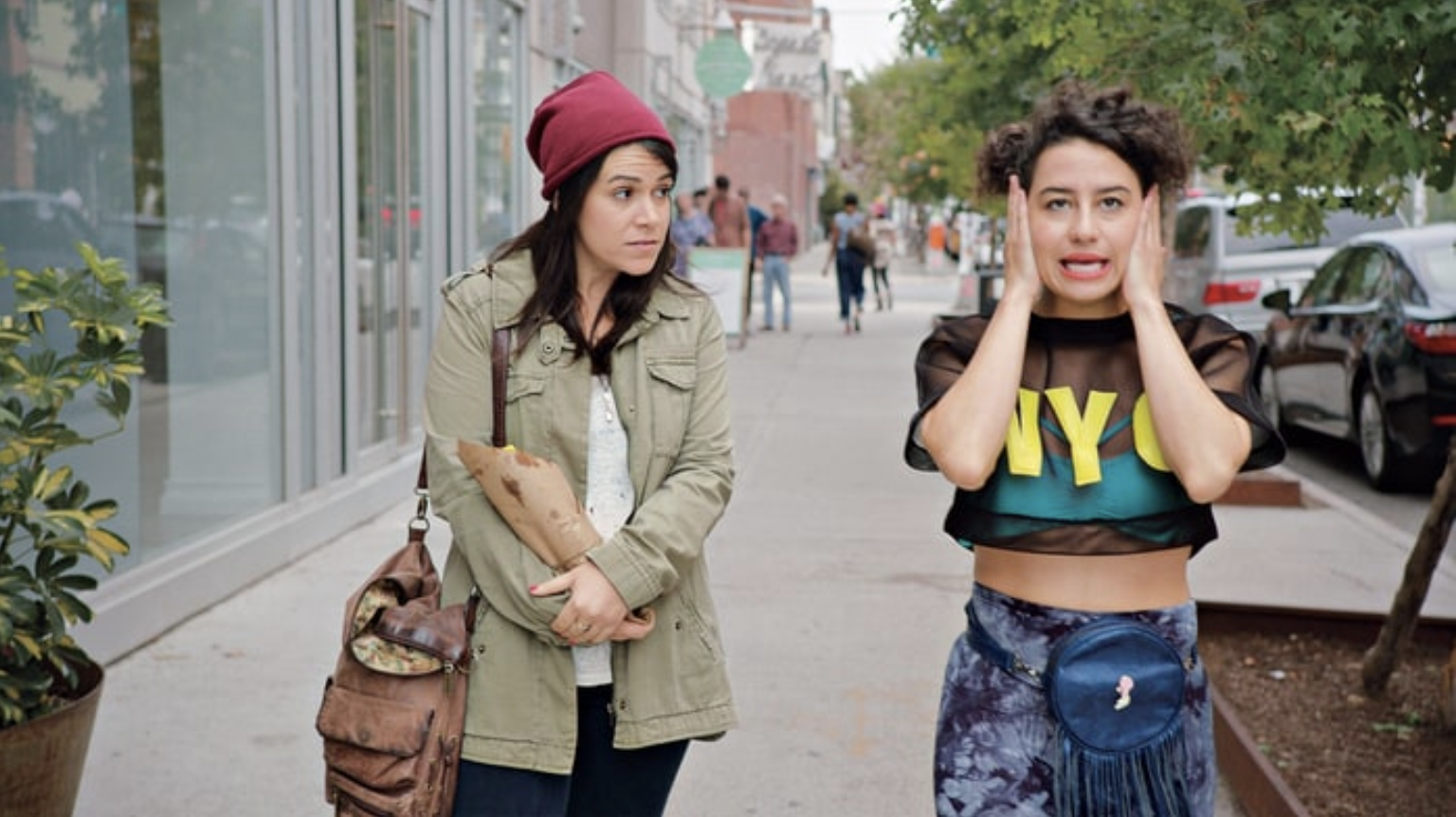Plenty of filmmakers can boast about their Oscar and Emmy nominations—but few can also say that their films changed public policy. Amy Ziering can. In award-winning documentaries that tackle injustices often hiding in plain sight, Ziering tells prescient stories that have spurred lawmakers to act. After watching The Hunting Ground, her 2015 documentary about sexual assault on college campuses, Senators Kristen Gillibrand and Claire McCaskill pushed a bipartisan bill in Congress to reform sexual assault policies on campus; the film was also screened in New York as part of Governor Andrew Cuomo’s push for state legislation to prevent sexual violence on New York campuses. Ziering’s 2012 film The Invisible War, about sexual assault in the military, is frequently credited with triggering the passage of 35 new bills in Congress, and reportedly pushed Secretary of Defense Leon Panetta to reform the armed forces’ policies on sexual misconduct. Other Ziering titles have prefigured mainstream activism: Her 2009 film Outrage exposed allegedly closeted politicians who were voting for anti-LGBTQ legislation ahead of the 2010 repeal of “Don’t Ask, Don’t Tell,” and a film she was shopping for several years on sexual misconduct in Hollywood finally found funding after the #MeToo movement went viral last fall. With a long record of exposés that demand attention, Ziering stands as proof that documentarians have the power to enact change.

Fiction
I Love Dick
Two decades after it was first published, I Love Dick is enjoying a new moment. Originally released by an independent publisher to mixed reviews and modest sales figures, Chris Kraus’ semi-biographical novel—about a married woman who writes romantic letters to a man named Dick (though she doesn’t send most of them)—found a new, broader audience when it was re-issued in 2006. Since then, musician Lorde Instagrammed the book, author Emily Gould created a Tumblr devoted to selfies with it, and Jill Soloway adapted the book into a series for Amazon, since canceled, in 2017.
Why
“It resonated with the whole [question] of: What is it to be a subject, and what is love? And the narcissistic elements of love, the way in which the love object is a projection, and the way in which love is triangulated—the couple uses the third [person, Dick] to work through their own errors. It was just so rich and so profound on so many levels.”
Essayist

Rebecca Solnit
If you’ve ever used the term mansplaining, you likely have Rebecca Solnit to thank: The writer is commonly credited with introducing the term in her 2008 essay “Men Explain Things to Me.” A prolific essayist and the author of 16 books, Solnit is today perhaps best known for her writing on gender—but she has also written about national parks, nuclear testing sites, Hollywood, Silicon Valley, and the history of walking.
Why
“Just read her stuff. She’s an author who’s brilliantly profound on motherhood and radically reframes that in a way that no one else has or dared start thinking about. She’s got her finger on the pulse of our culture and times and writes in a really eye-opening, transformative way.”
Non-Fiction
Fail, Fail Again, Fail Better: Wise Advice for Leaning Into the Unknown
In her 2014 commencement address at Colorado’s Naropa University, American Buddhist nun Pema Chödrön exhorted graduates to cultivate the skill of “knowing how to fail well.” That speech, now collected in a book-length transcript, shares Chödrön’s story of a difficult second divorce and how she learned to look forward to “something new” in the midst of catastrophic circumstances.
Why
“The best and smartest thing you should ever tell people who are going off into the world. She’s this profound thinker, but [Chödrön] talks in this really distilled, lucid, and reader-friendly way, so it’s a real pleasure to stick with it and listen to her wisdom unravel.”
Ain’t I a Woman: Black Women and Feminism
In this seminal 1981 study of intersectional feminism, the writer bell hooks argues that, from the 17th century to the present moment, sexism and racism have combined to give black women the lowest social status of any group in America. Written starting when hooks was 19 years old and a student at Stanford University, Ain’t I a Woman blends social analysis and historical review with hooks’ more personal moments of memoir.
Why
“[hooks is] a totally important and radically overlooked feminist intellectual. She’s on the forefront of speaking about intersectionality and class and gender as inextricably linked. And she’s just one of our best social critics and political thinkers. You have to read her.”
Capital: Critique of Political Economy
A text that has helped shape entire academic fields—and various systems of government—Karl Marx’s Capital argues that the capitalist system has rendered labor a commodity, and that employees’ work creates surplus value and, thus, profit. Though Marx is a staple in academic settings, Capital also saw a sales bump during the financial recession starting in 2008, as BBC News reported that year.
Why
“I think everybody in America, and everyone else, really, should read Marx to be informed about money and metaphor and how this all came about and what the costs are of money [being] completely deracinated and having no relationship to what people actually do anymore.”
The Interpretation of Dreams
Published at the end of the 19th century, when many mainstream psychologists were paying little heed to dreams, Freud‘s The Interpretation of Dreams argued that they offered a window into a person’s psyche. Freud’s volume posits that dreams are a form of wish fulfillment, and that their surface form can often hide their true meaning. Freud further suggests that dreams often express a wish that their dreamers learned in childhood are not socially acceptable.
Why
“No one has come along yet to think as radically about our psyches as Freud. And yes, you could say there is [Jacques] Lacan, but he’s working off of this crazy-original precept that Freud came up with. And when you think about it, pre-Freud, there was no vocabulary for ego, id, consciousness—to invent all that and think that through. Dreams is a fun entry point into his work because it’s easy and more accessible.”
Movies

Get Out
Jordan Peele‘s 2017 directorial debut follows black photographer Chris (Daniel Kaluuya) as he joins his white girlfriend Rose (Allison Williams) on a weekend getaway at her parents’ country estate. Though Rose’s well-heeled parents act like typical rich liberals, Chris begins to notice that, despite his hosts’ do-gooder rhetoric, the black people around the estate are all servants—and seem to be acting a little bit like zombies.
Why
“Everything in our culture on race is typically very on-point, and I think coming at it allegorically, in a way that nails the way that people you think aren’t racist actually are—showing the everyday ubiquity of racism—is pretty amazing. I’ve never seen something that articulates how uncomfortable it is to be black in this country 24/7 quite as well, even in a seemingly benign situation.”
mother!
One of the most critically divisive films of 2017, Darren Aronofsky’s drama mother! portrays a couple who receive an unwelcome visit at their rural home that turns into a critique of patriarchy in the nuclear family—and in the arts. When a poet (Javier Bardem) allows a fan of his work to stay for the night against his wife’s (Jennifer Lawrence) wishes, he unwittingly inspires a mass of supporters to descend on his home, witness the birth of the couple’s first child, and then destroy the interior that his wife has so lovingly restored.
Why
“I’ve never seen anything like it. It’s out of its time but not ahead of its time, and it completely brings together Freud and Marx, which is not an easy feat. It’s an art film that [its studio] tried to peddle as a horror film, which accounts for the response—people had no clue what they were watching. It’s a totally unhinged response to Occupy Wall Street, and it’s one of the most feminist films ever made using the Hollywood vernacular.”
Podcasts

Pod Save the People
Spanning topics including voter ID laws, the foster-care system, and child brides, organizer and activist DeRay Mckesson’s podcast features interviews with influential figures in politics, culture, and activist movements, all with the aim of instructing listeners on the day’s most important efforts to combat injustice.
Why
“It’s nice to have a non-bro approach to political themes. All other mass media, it tends to be very bro and patriarchal. It’s good in a really smart way. I just enjoy it.”
The Longform Podcast
In this weekly podcast from Longform.org and the Atavist, Max Linsky, Aaron Lammer, and Evan Ratliff interview journalists and editors to illuminate the techniques of storytelling. Since it began in 2012, the podcast has hosted Hillary Clinton, New York Times reporter Maggie Haberman, New Yorker editor David Remnick, and The Atlantic national correspondent Ta-Nehisi Coates—the latter four times.
Why
“Those interviewers are all pretty darn good. I love the questions as much as the answers, honestly. I do interviews for a living, so I always really pay attention to the questions. I love the way the interviewers’ minds work, and then I really love diving into the thought process of these journalists and the work they do. It’s so interesting and informative.”
Television
Crashing
Like Friends for a generation that can’t afford a roomy Greenwich Village apartment, this British six-part series from 2016 portrays a group of twentysomething “property guardians,” or people who are allowed to stay in a building for reduced rent in the United Kingdom, if they keep it up and adhere to strict rules. Familiar hijinks ensue—friends becoming lovers, job not panning out, personalities clashing—but the show, written by Phoebe Waller-Bridge (who also wrote Fleabag), blends laughs with sadness, angst, and social critique.
Why
“You have to just binge it. Phoebe Waller-Bridge is just genius. I love her and I think her voice is just original and fresh and super amazing.”

Broad City
A buddy comedy with two Millennial women playing the co-dependent leads, Broad City debuted on Comedy Central in 2014 and is now heading into its fifth season, thanks to a semi-cult following and critical acclaim. Comedians Abbi Jacobson and Ilana Glazer play two young New Yorkers with very different personalities: Abbi, the responsible one, holds a steady job and keeps a schedule, while Ilana convinces Abbi to go on wild, cannabis-laced adventures.
Why
“[Abbi and Ilana are] women who just own everything about themselves in a loving, positive, physical, joyful way. They give me hope for humanity.”
A version of this story originally appeared in the May 2018 issue of Pacific Standard. Subscribe now and get eight issues/year or purchase a single copy of the magazine. It was first published online on May 4th, 2018, exclusively for PS Premium members.





